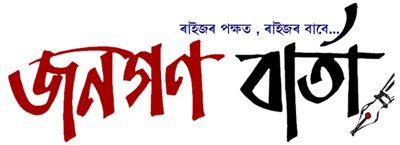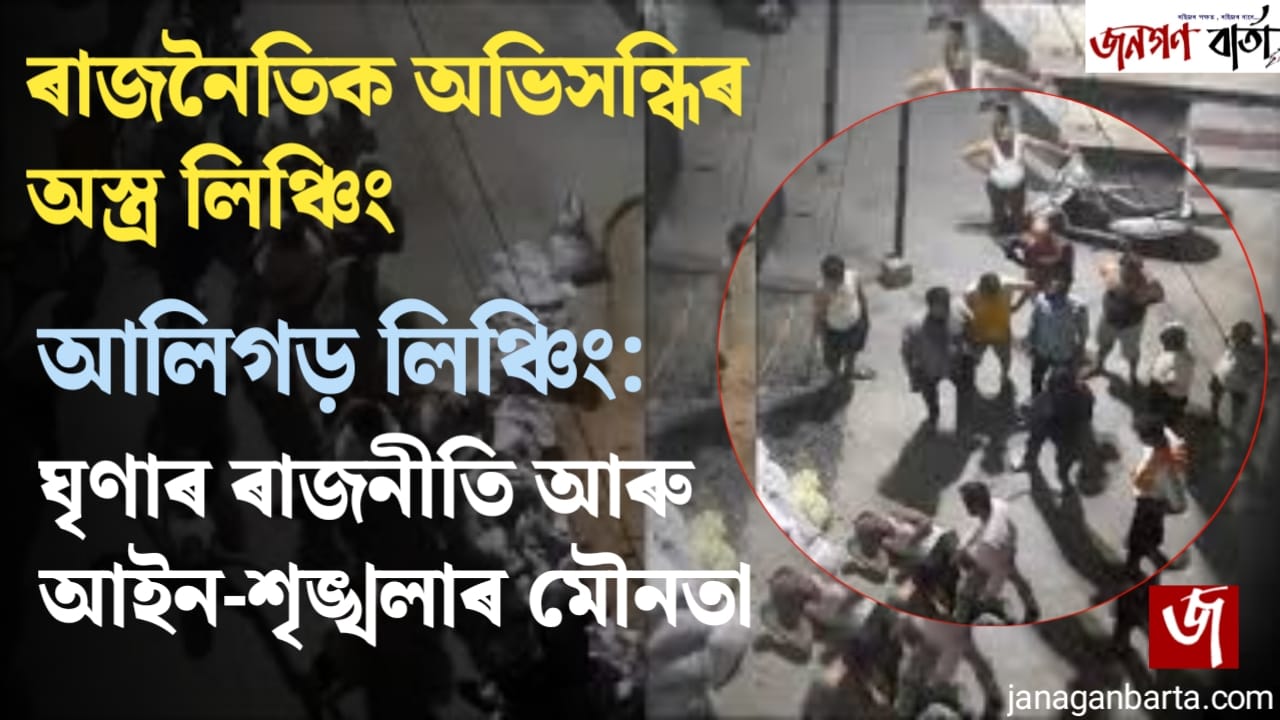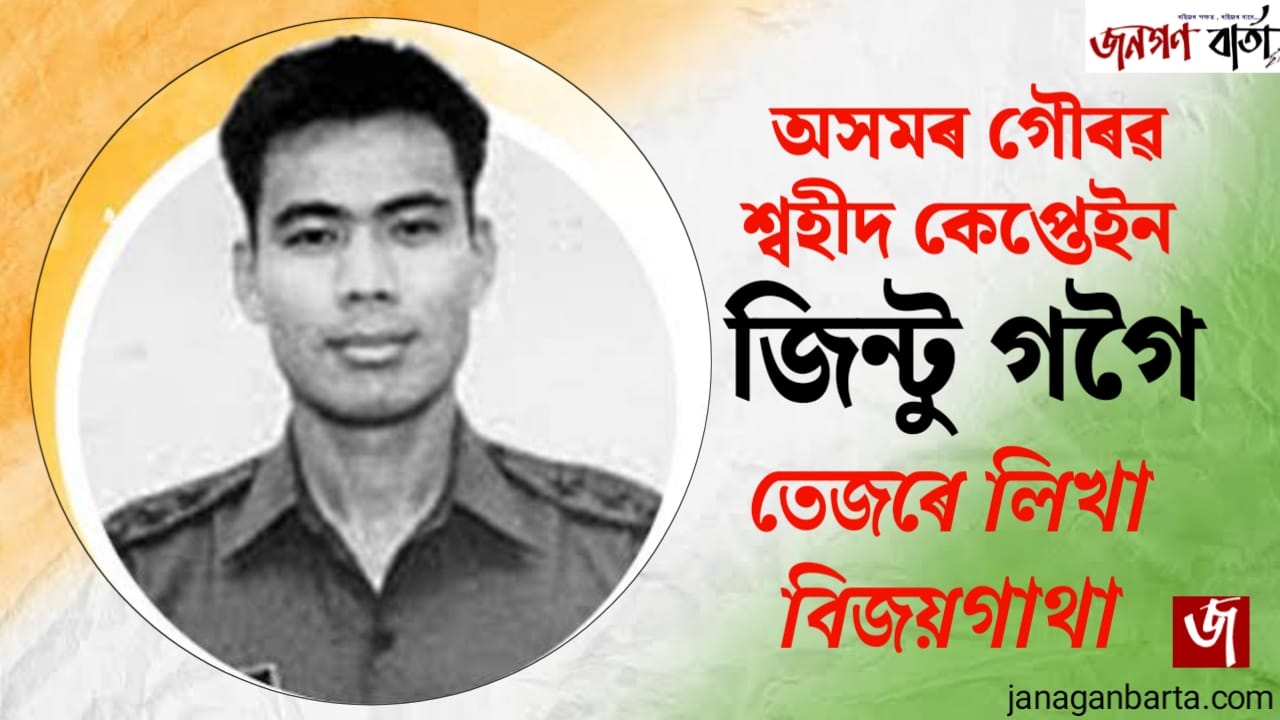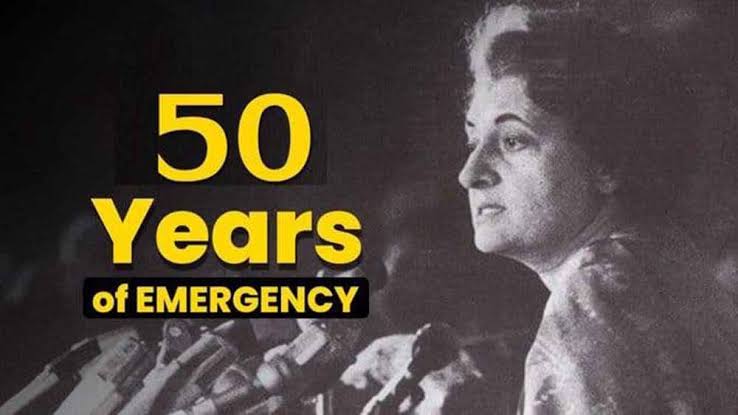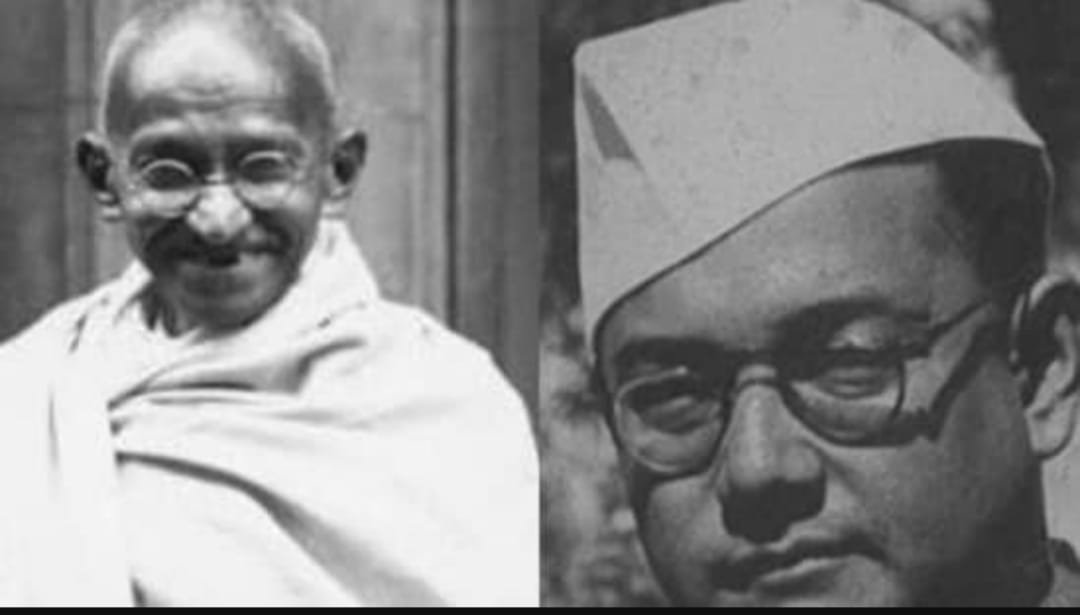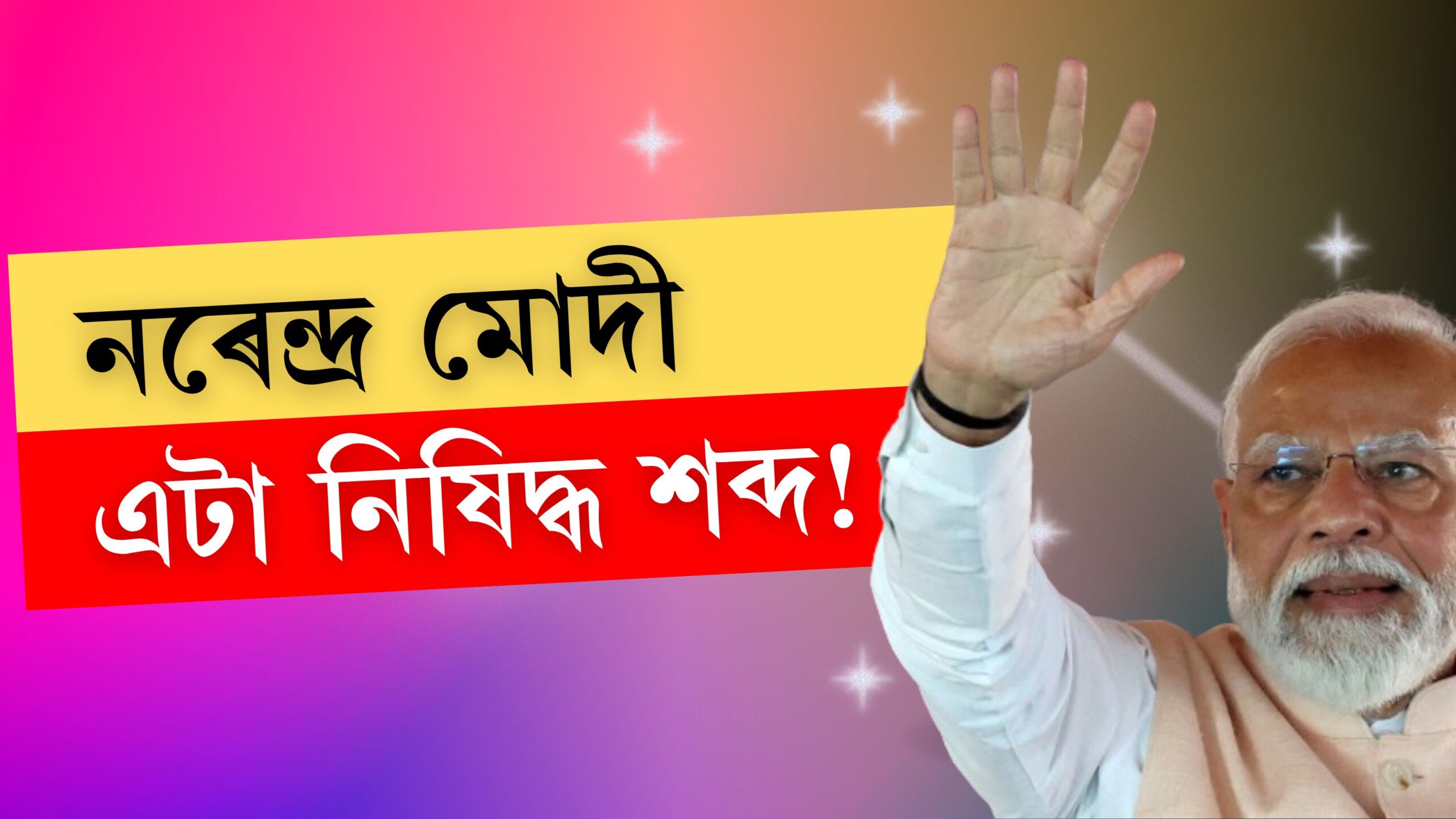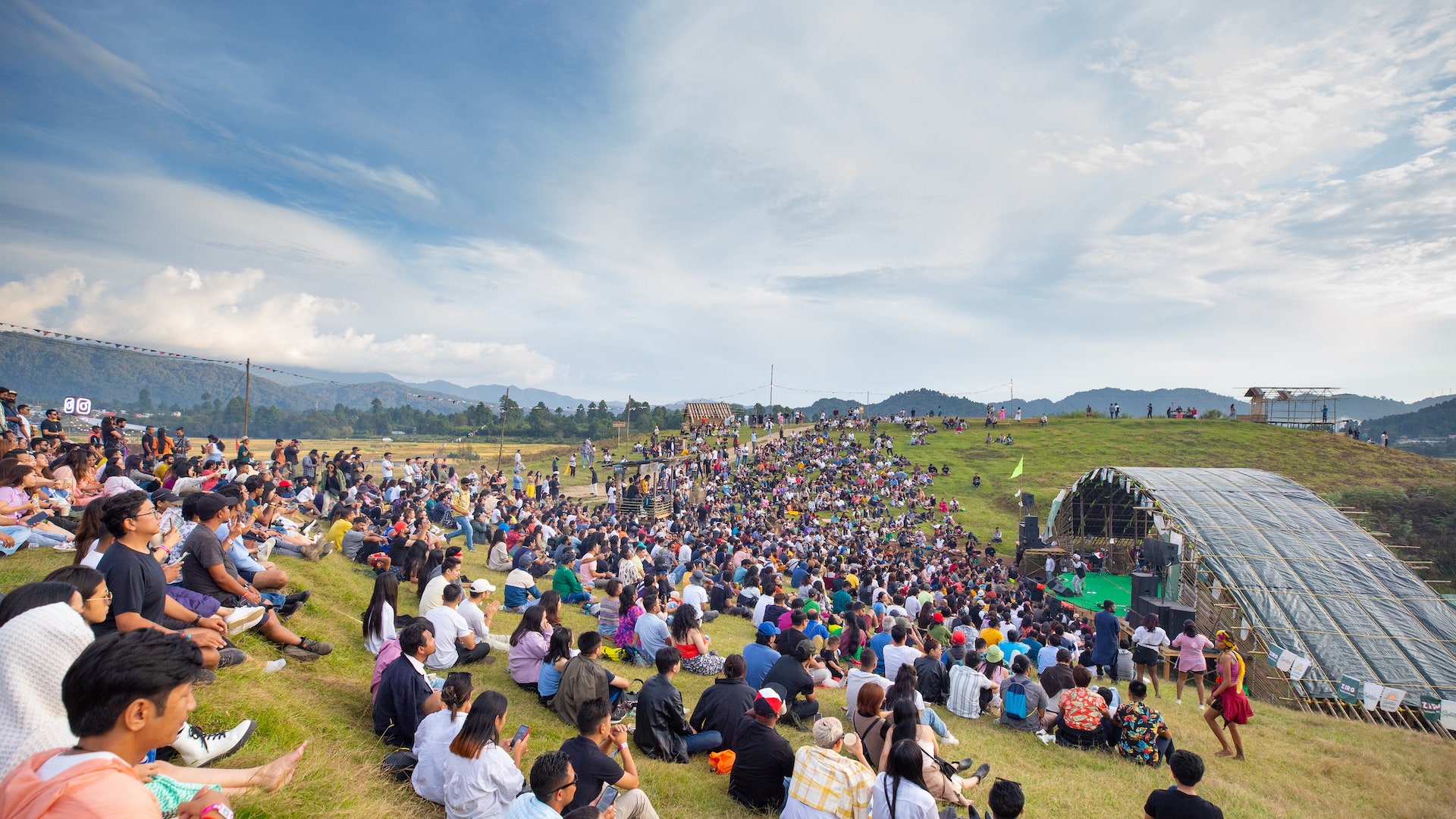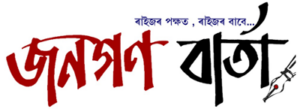Manipur, once again, finds itself engulfed in unrest, with violent protests shaking the Imphal Valley over the past two days. Mobs burned down and vandalized the houses of at least 15 MLAs, mostly of the BJP. The crisis in Manipur took another turn Sunday with Conrad Sangma’s National People’s Party (NPP), the second-largest ally with seven MLAs in the BJP-led NDA state government, withdrawing its support to the ruling alliance citing its failure to “restore normalcy” and expressing “deep concern”. Civil society organizations have raised the alarm, issuing an ultimatum to both the state and central governments, demanding immediate and decisive action to curb the violence and deal with the armed groups wreaking havoc in the state. The overall situation in Manipur has plummeted to unprecedented depth !
What Triggered the Recent Protests ?
The violence came to a head following the discovery of decomposed bodies of six individuals who were allegedly taken hostage in connection with the Jiribam shootout. In the incident, 10 Kuki militants lost their lives, and the bodies of the hostages found afterward only added fuel to the fire. This gruesome finding heightened calls for stronger government intervention to address the ongoing conflict involving armed groups operating in the state.
Political Fallout: Pressure on State and Centre
The violence has put both the state and central governments under immense pressure. The Manipur Cabinet has appealed to the Centre to reconsider its decision to reimpose the Armed Forces Special Powers Act (AFSPA) in six police station areas of the valley. The imposition of AFSPA, which grants the military sweeping powers, has been a point of contention, with some political leaders calling for its withdrawal from the valley. Okram Ibobi Singh, Leader of the Opposition, has raised concerns over the constitutional breakdown in the state. Singh pointed out that the failure to address the unrest effectively has led to a complete erosion of the functioning of the government. He also suggested that the situation had become so dire that the resignation of MLAs could be considered if it would help resolve the crisis. Singh placed the responsibility squarely on the state and central governments, insisting that they cannot continue to evade their duty to restore order and peace.
The ruling Bhartiya Janta Party (BJP) has always advocated the notion of democracy at the international level and yet, their domestic policies contradict this stance. The recent violence in Manipur and the central government’s silence and inability to maintain peace is evidence of the BJP’s lack of capacity and interest in India’s Northeast. The Home Minister is busy campaigning, while the PM is off to yet another foreign visit while Manipur burns again.
Demands from Kuki-Zo Tribes: Expanding AFSPA Coverage
The tribal communities in the Kuki-Zo-dominated areas have also intensified their demands, particularly regarding the coverage of the Armed Forces Special Powers Act (AFSPA). The Committee on Tribal Unity (COTU) from the Kangpokpi District has called for the extension of AFSPA to cover all 13 remaining police stations in the valley districts. They argue that the Act’s coverage is necessary to restore order and protect the lives of the people in these regions. Meanwhile, they have also called for the withdrawal of AFSPA from hill areas like Leimakhong, where the military presence is not as intensive. The demand for expanded AFSPA coverage reflects the heightened insecurity in tribal-dominated regions, where locals fear escalating violence from armed groups. The contrasting demands from the Meitei and Kuki-Zo communities have only added to the complexity of the situation.
Civil Society’s Demands: Calls for Urgent Action
Prominent civil society group COCOMI (Coordinating Committee on Manipur Integrity), representing the Meitei-majority valley, has issued a strong demand for military intervention. According to Khuraijam Athouba, the spokesperson for COCOMI, the government must take decisive action to resolve the crisis quickly. Failure to do so, he warned, would result in significant public backlash, with the government bearing the brunt of people’s anger. Athouba’s statement underscored the pressure mounting on both the state government and the Centre to address the growing unrest. The people of the Imphal Valley, according to Athouba, are now looking to their leaders for a resolution and immediate action against the armed groups.
The Need for Comprehensive Resolution
The unrest in Manipur has grown into a complex and multi-layered crisis, with political, social, and security dimensions. AFSPA might “not be a solution to the crisis” because the state had witnessed mass protests seeking the scrapping of the act. Sharmila’s 16-year hunger strike from 2000 to get the act scrapped had attracted global attention.
The demands for military action, AFSPA changes, and political accountability are all interwoven with the broader issue of governance and the inability of the state and central governments to address the root causes of violence. As the unrest continues to spread, the urgent need for a comprehensive, inclusive, and lasting resolution becomes clearer. The government must navigate the competing demands from the Meitei and Kuki-Zo communities, while also ensuring the protection of human rights and addressing the political and governance failures that have exacerbated the conflict. The situation in Manipur calls for coordinated action, not just by the state and central authorities but also by local leaders and civil society organizations, to bring peace, justice, and stability to the region.
Is Delhi listening ?
